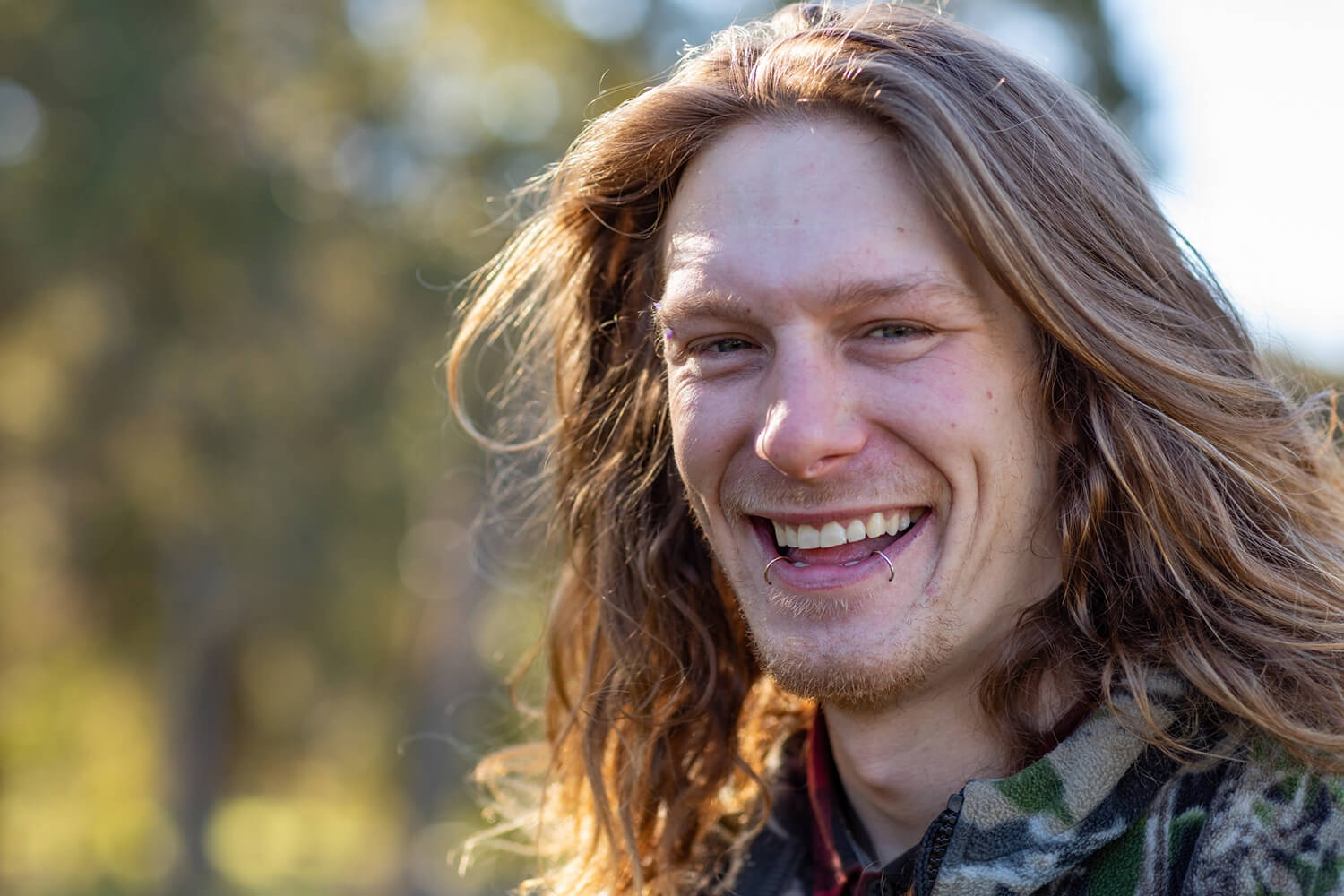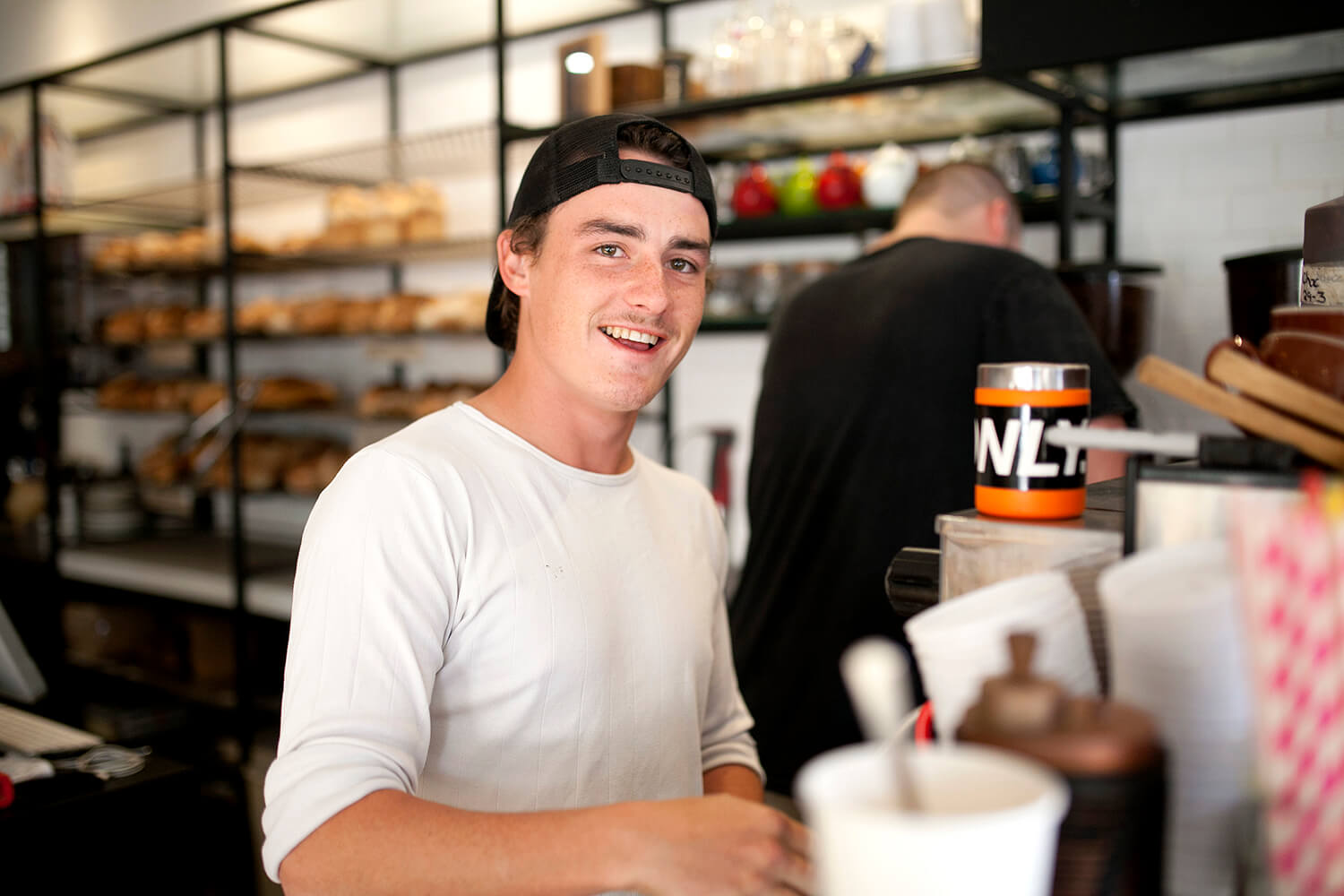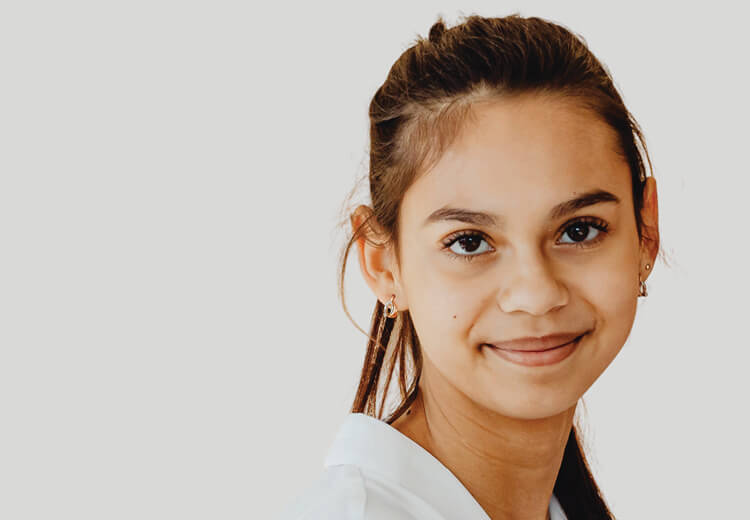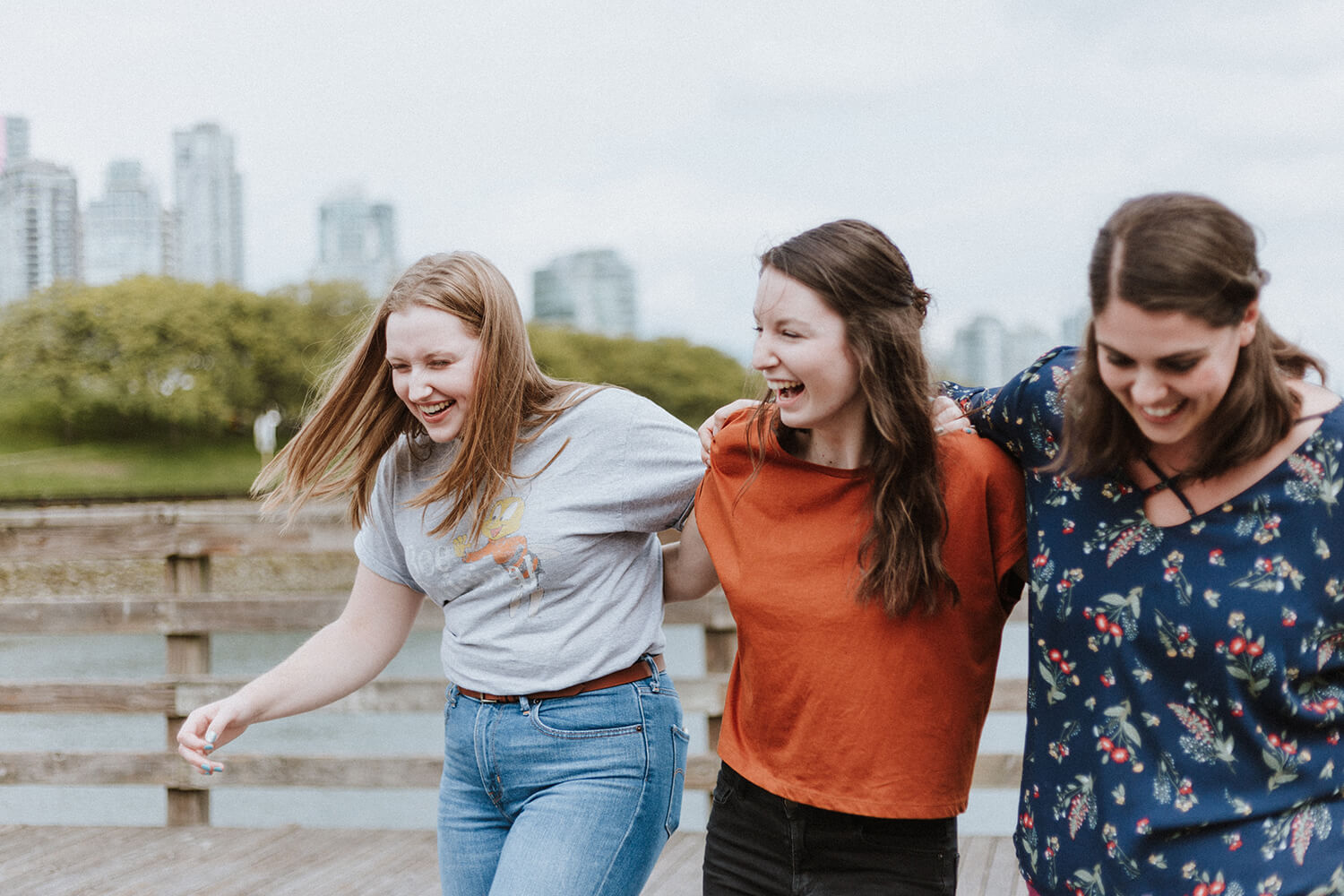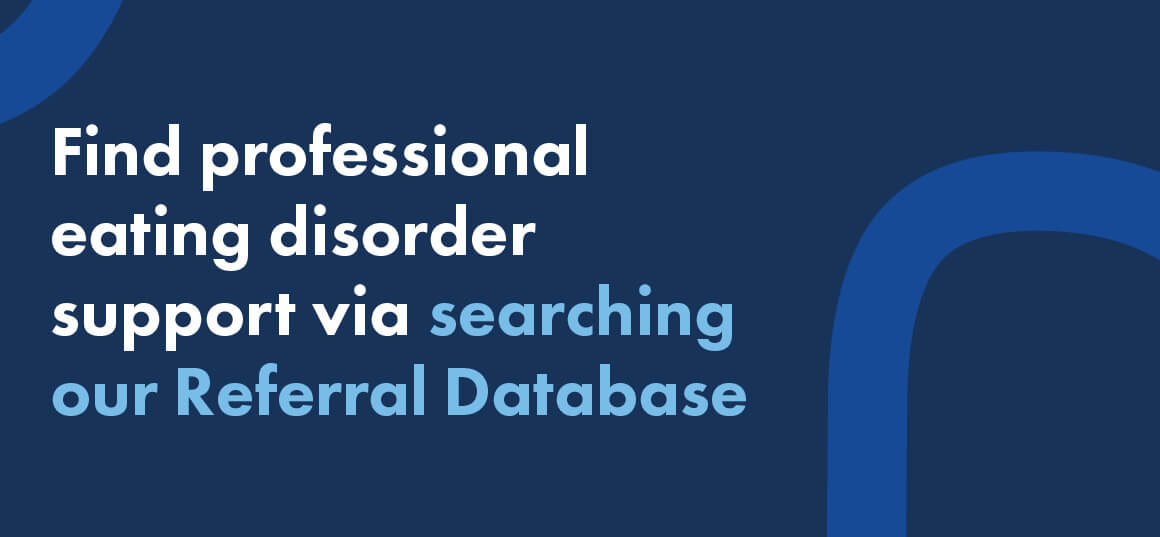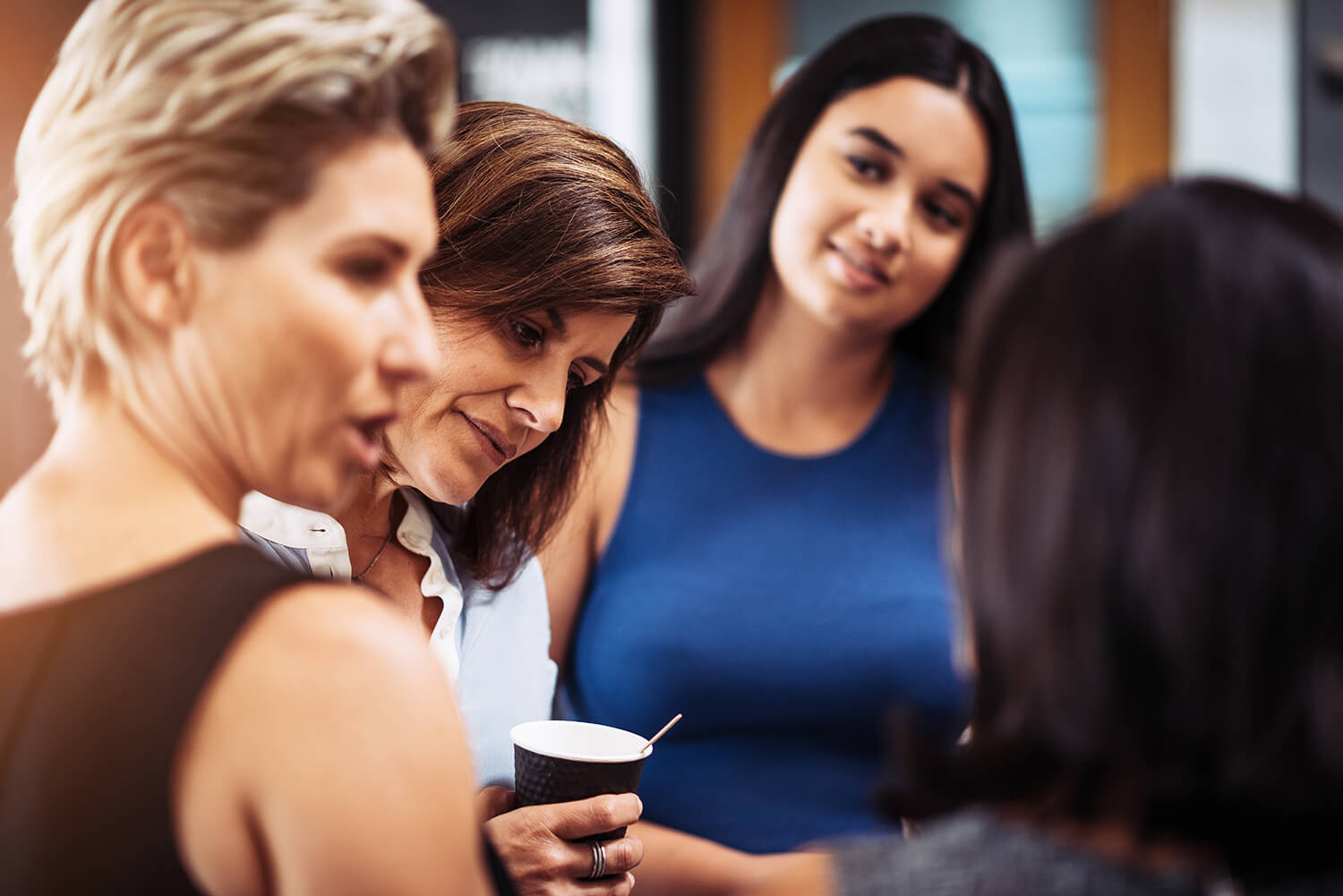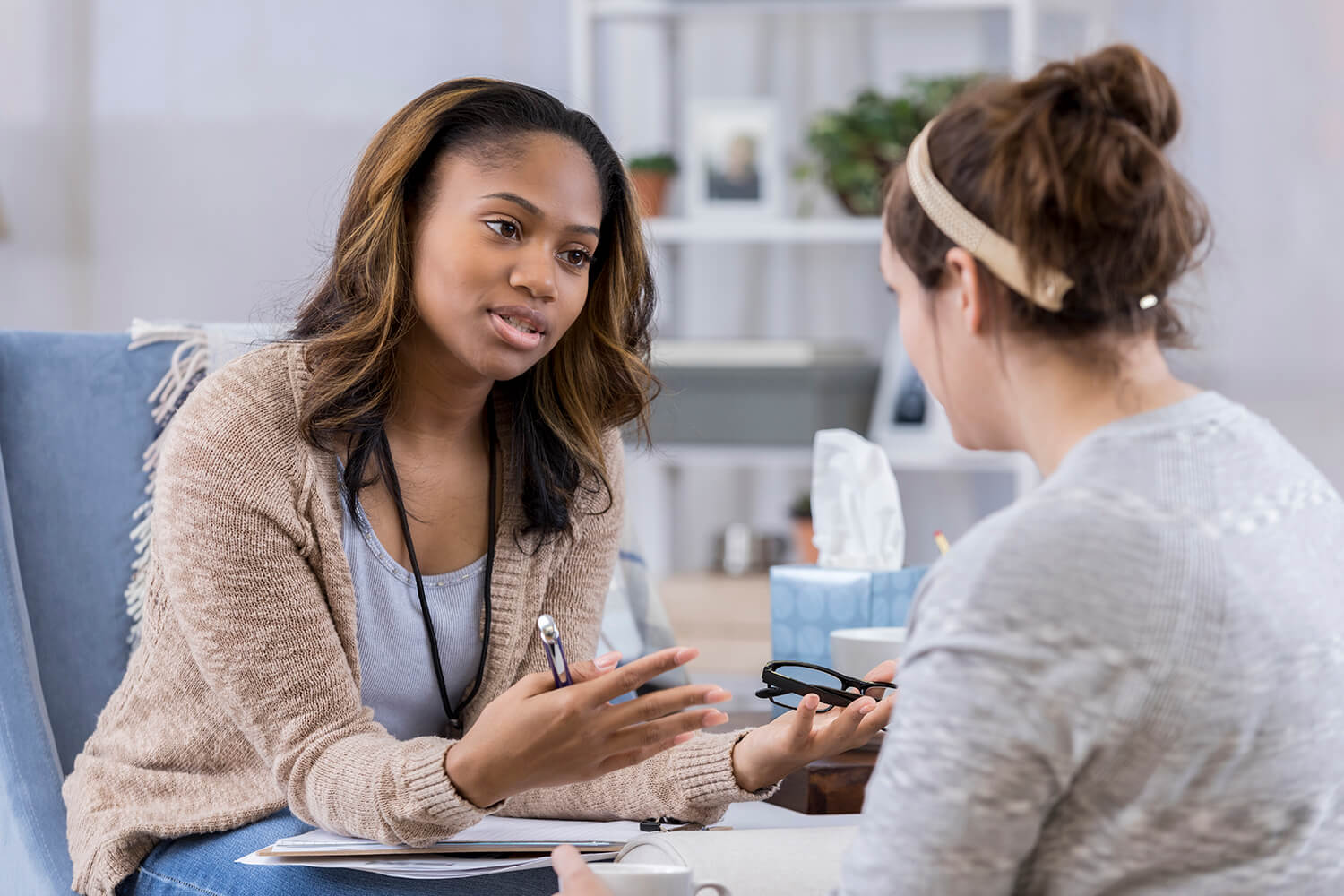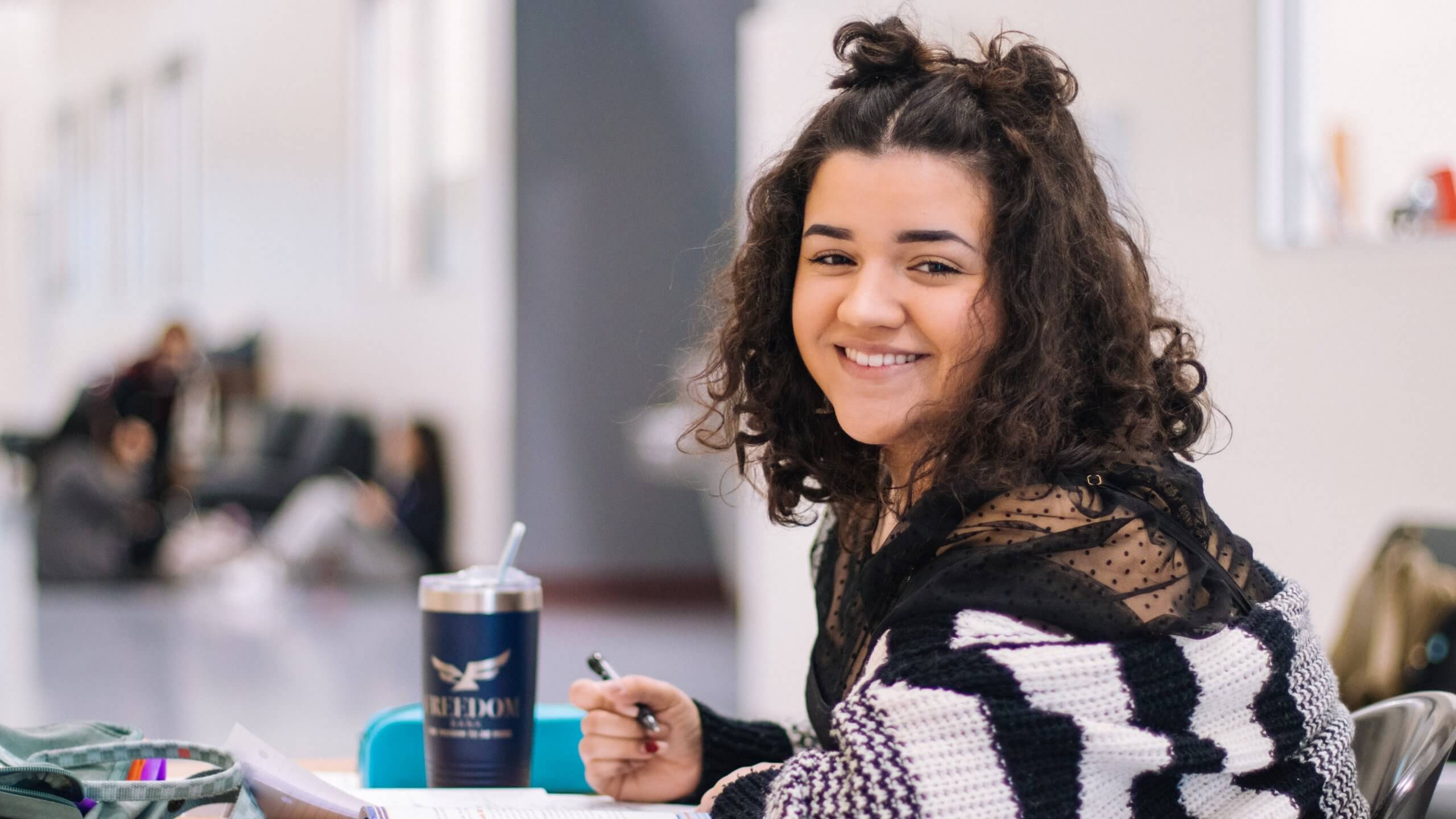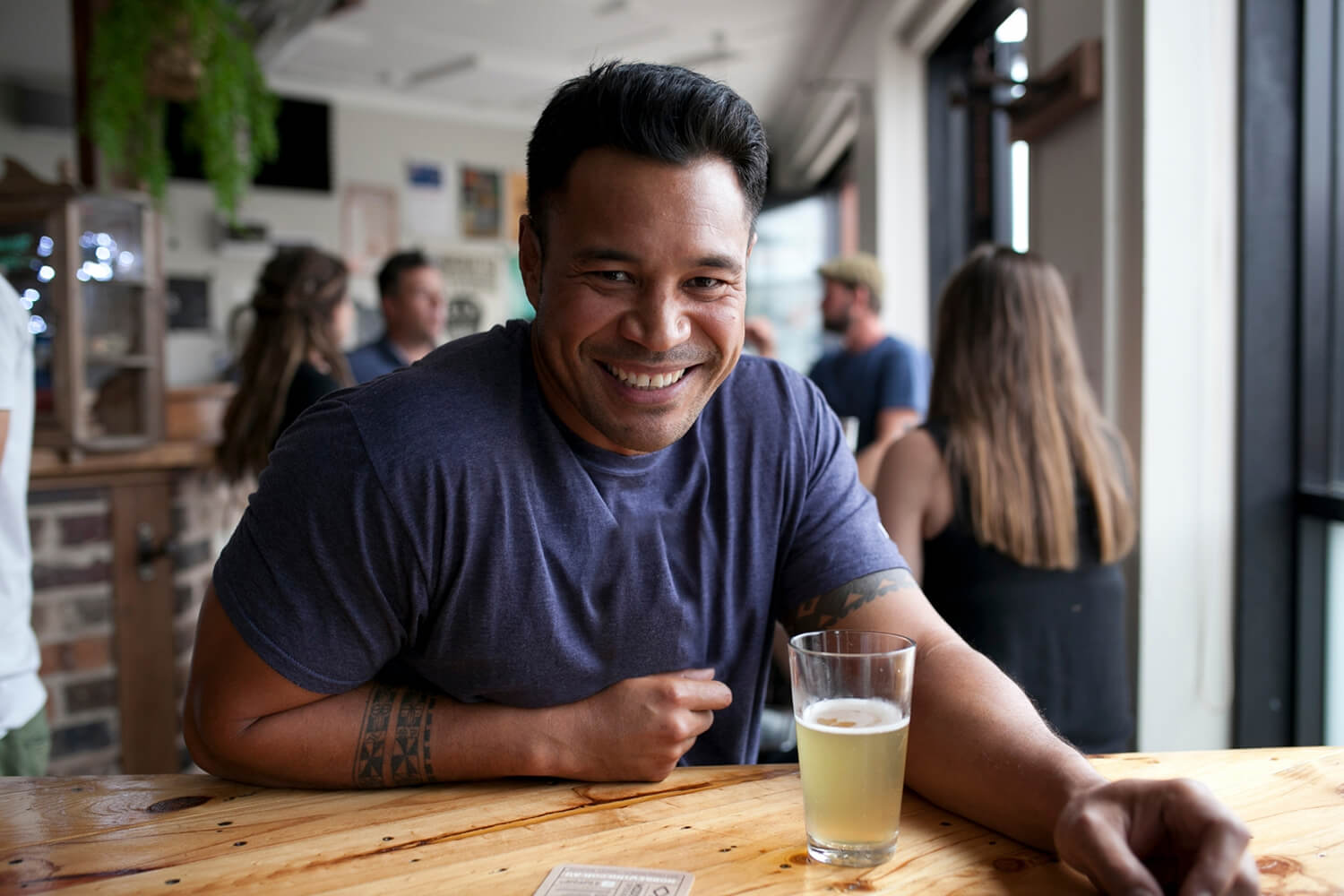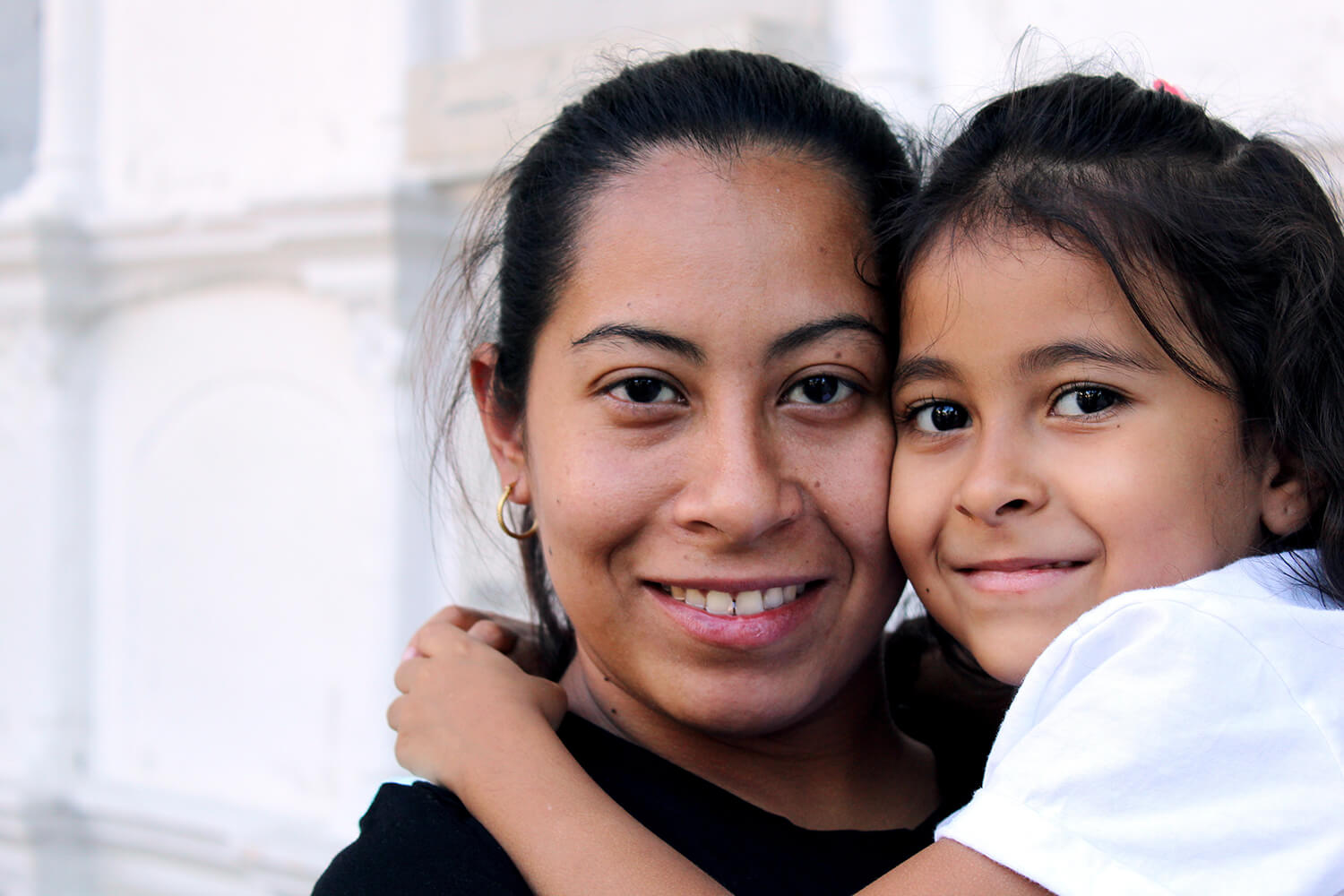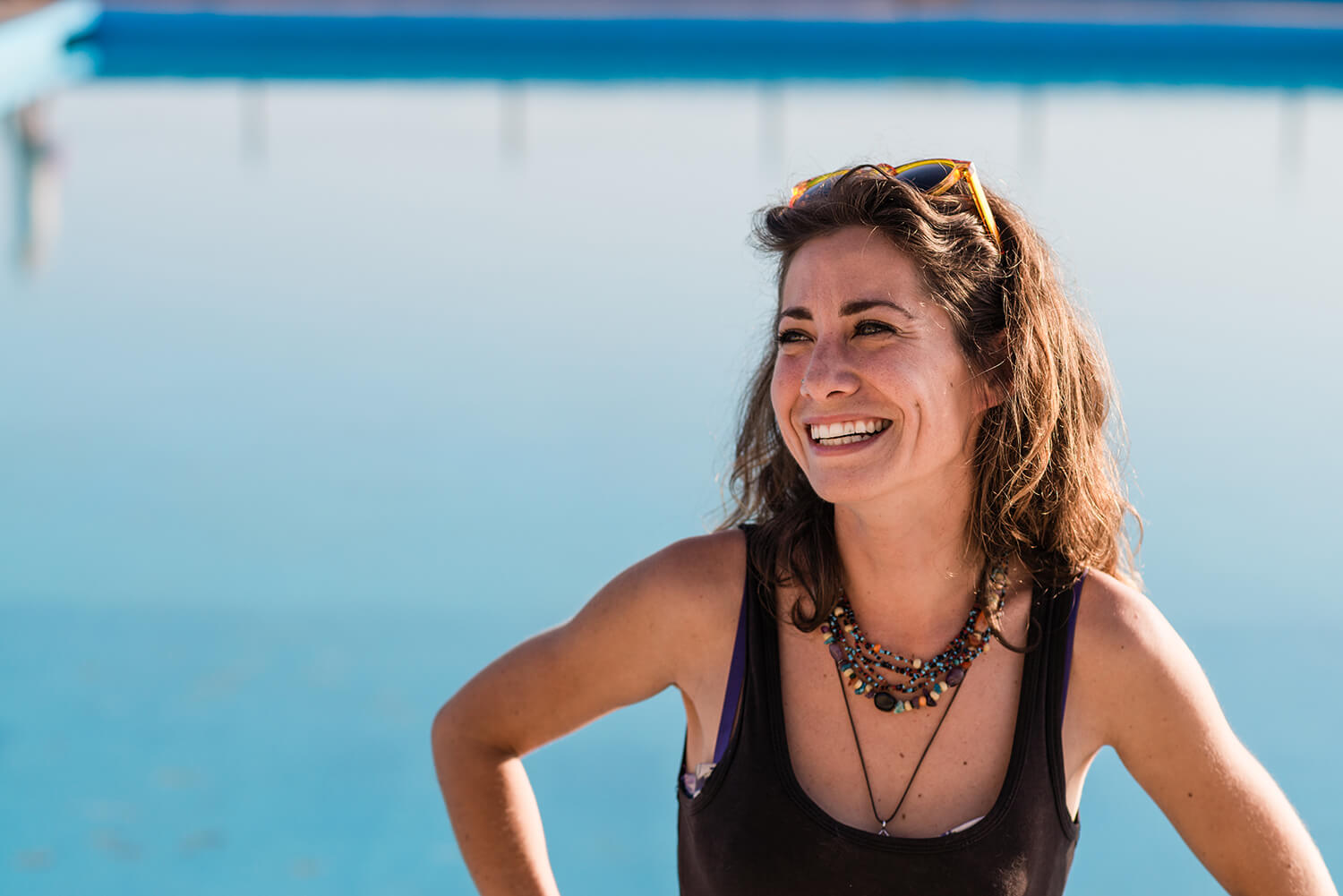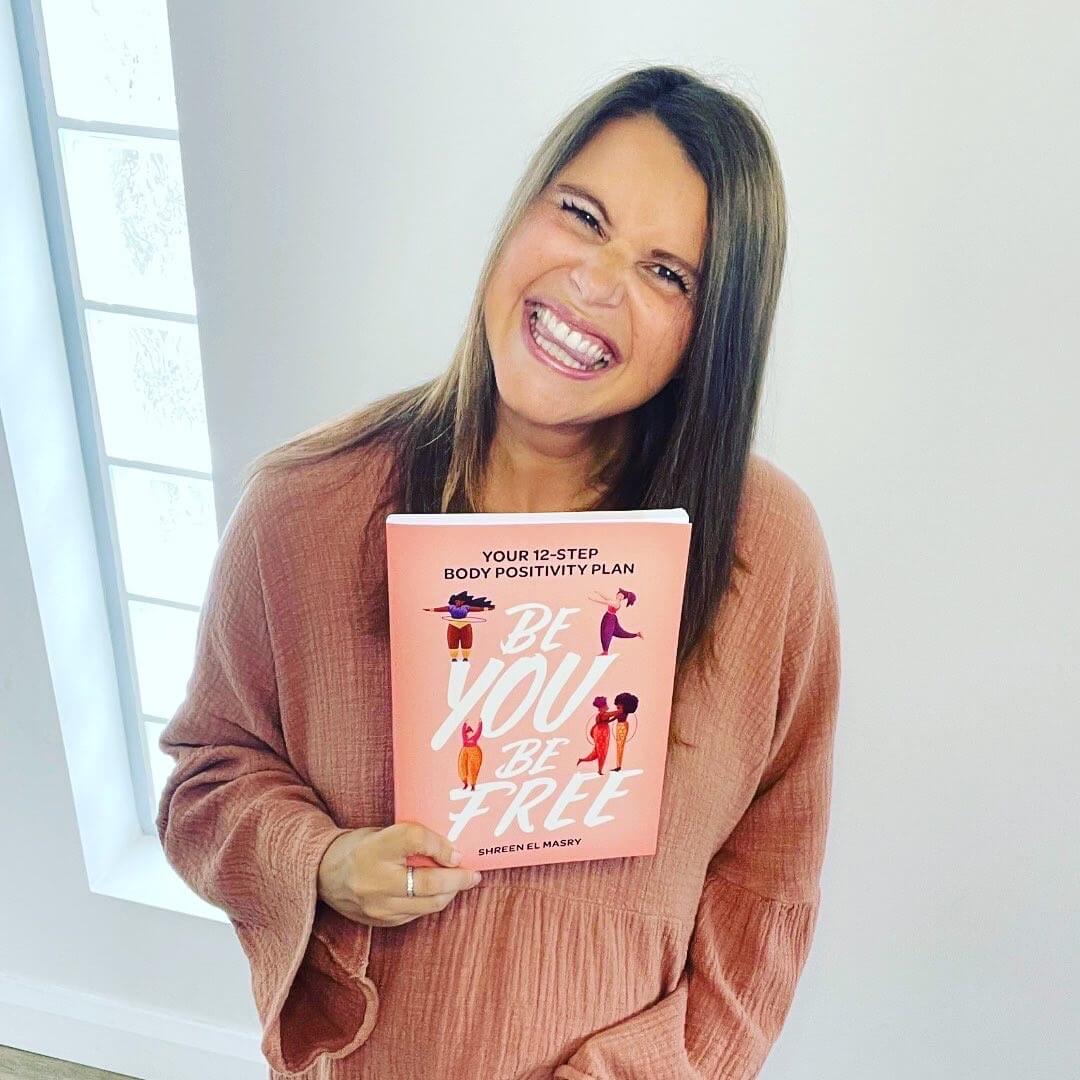A Day in the Life of a Peer Support Worker
Peer workers are becoming an increasingly important part of building the eating disorder system of care and can play an important role in fostering hope and recovery for people experiencing these severe psychological illnesses.
In this blog, Clare, who is a peer worker and senior advisor with Eating Disorders Victoria’s Peer Mentoring Program, shares what’s involved in a peer work program and why utilising lived experience can be a powerful tool for ongoing recovery – for both the individual currently experiencing an eating disorder, and the peer worker who has recovered from an eating disorder themselves.
A Day in the Life of a Peer Support Worker
My name is Clare. I have lived experience of an eating disorder. Since recovering, I have had the freedom to experience so many of the things that life has to offer such as study, marriage, travel and motherhood.
I joined Eating Disorders Victoria (EDV) in 2017 as a casual Peer Mentor as part of the Peer Mentoring Pilot Program. At the time, I was at university undertaking a Bachelor of Health Sciences. A family member sent me the job advertisement. At this stage I identified as having been recovered for several years. I didn’t know much about Peer Work, but I knew that the presence of someone with lived experience would have made the world of difference in my recovery.
I felt that I had reached a point where I was ready to take the next step in my journey and utilize my own experience.
I later took on the part-time role of Senior Advisor in 2020, upon the expansion of the program. My role as Senior Advisor is multifaceted in its contribution to the Peer Mentoring Program, and no two days are ever the same. This position allows me to act as a consumer advisor, both internally within EDV and externally.
The Peer Mentoring Program operates in ‘rounds’. Before each round commences, I work alongside other members of the team to facilitate program intake. During this process, we follow up any details from the registration forms that require clarification and offer participants the opportunity to book a time to run through any questions that they may have.
Once intake is completed, I assist in the co-facilitation of an information evening for our new participants. We hold this online, giving an overview of the program and running through some of the commonly asked questions such as ‘what if I trigger my mentor’. This is also a chance for participants to meet a few of the Peer Mentors.
Once the round has begun, I conduct biweekly check-ins with allocated Peer Mentors. During these, I offer support for Peer Mentors and help to troubleshoot any issues that might be arising in the mentoring relationship, such as problems around engagement and communication.
This is also a space to celebrate the small wins and reflect. A win might be ticking off a goal, or the discovery of a new method of self-care. I also undertake my own mentoring in a casual capacity. I feel that this allows me to better relate to the experiences of other Peer Mentors and gives me a solid understanding of what the role of a Peer Mentor looks like in operation.
Midway through the round, I conduct halfway check-ins with my allocated Mentors and their respective participants. This is an opportunity for the Mentor and Participant to reflect on their time together, give feedback and set their intentions for the remainder of the program.
An important part of my role is supervision. I have bimonthly supervision with the Program Manager, bimonthly group supervision with other Peer Mentors and quarterly individual supervision with another Peer Mentor. Group supervision focuses on the shared experience and prevents any potential feelings of isolation, whereas individual supervision allows for a space to discuss things that you might not be suitable for in a group setting.
Both formats provide an opportunity for me to reflect on my practice. They are spaces for learning and validation. I often find that I feel re-energized after supervision; I hone my skills, address any peer-drift and feel connected.
The Peer Mentoring Program also offers an Alumni Program for participants upon completion of the program. Alumni sessions, held monthly, revolve around recovery-focused activities such as yoga, art therapy and meditation.
Part of my role is planning and co-facilitating these sessions. I also co-write our Alumni Newsletter, ‘Flip the Narrative’, that goes out on a bi-monthly basis. Our newsletter content is heavily influenced by our Alumni community, and we often use it as a space to continue to explore topics touched on during Alumni sessions. I often used my own lived experience to inform the content.
I feel that my participation in the program has reinforced the skills that I learnt during my own recovery, and I have continued to improve my relationship with food, my body and movement.
Within my role, I have regular opportunities to engage in recovery-focused activities and partake in dialogue that challenges societal rules and expectations around our bodies. I have continued to reflect upon my lived experience and in the process, I have learnt more about myself, my values and my experience of an eating disorder. I am incredibly passionate about the power of lived experience and look forward to seeing its advancement within the eating disorder sector.
Find Peer Support Programs and Services
EDV’s Peer Mentoring Program
EDV’S Peer Mentoring Program (PMP) is a free program providing one-on-one mentoring with an EDV Peer Mentor who has recovered from an eating disorder. Participants and Mentors meet on a fortnightly basis for 13 sessions, with the mentor supporting the participant by working together to develop a recovery focused Mentoring Journal and undertaking activities to achieve identified goals. The program aims to provide complimentary support alongside clinical treatment to help individuals sustain better recovery outcomes. All Victorians over the age of 18 are eligible to take part. To find out more, click
For further information about other lived experience and peer support services at Eating Disorders Victoria, click here.
Butterfly Support Groups
Butterfly’s Virtual Support Groups are facilitated by trained peer facilitators who have lived experience of an eating disorder themselves. Our support group facilitators can provide skills and strategies to deal with your challenges, whether you’ve just started the journey or know the ups and downs of it well. There are groups for individuals impacted by eating disorders, as well as separate sessions for carers looking for extra support.
Anyone over age 18 from anywhere in Australia is welcome to attend. Find out more by clicking here.
Peer mentors and recovery coaches
Recovery coaches and peer mentors are becoming an increasingly popular addition to clinical care for eating disorders. There are many private coaching practices available that can offer mentorship and support.
This is often through supporting the individual with everyday tasks, such as grocery shopping, eating out, or general meal support Coaches will work with the clinical treatment team to ensure the individual is meeting agreed-upon goals. To find eating disorder recovery coaches closest to your area, search Butterfly’s Referral Database and choose ‘Peer Mentor/Coach’ under ‘Practitioners’.
Eating Disorders Families Australia (EDFA) Carer Support Groups
EDFA offer support groups for carers, run by facilitators with their own experience caring for a loved one with an eating disorder. These online groups, available to any carer in Australia, aim to provide a safe, supportive place for carers to gain support for a loved one, share knowledge and encouragement and provide hope with stories of recovery. Find out more by clicking here




